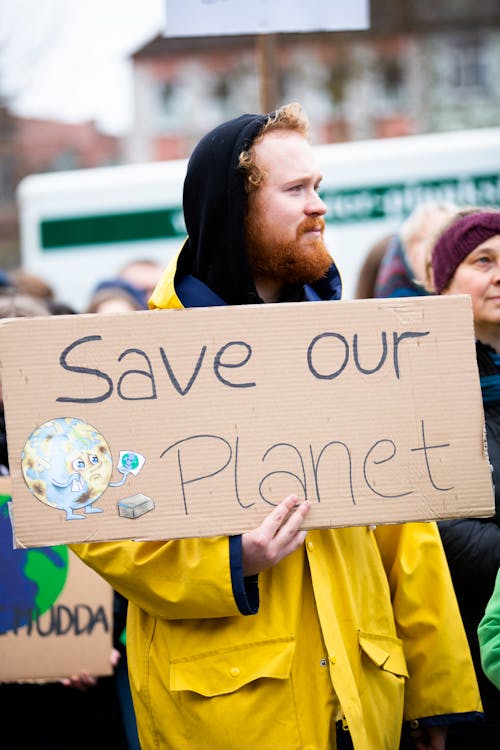
Source: Markus Spiske
Every human is born free with human rights as to life and property. We do not choose our place of birth, and we should have full freedom to choose our location of self-development. Therefore, we need a global citizenship that not only is given but also owned by us as sovereign individuals. At the moment, this could be done with technology as SSI. Regardless of how global governance functions as in the future in principle, every human should own its identification. Nobody should be without ID, paperless or a stateless person. This is especially vital when it comes to mobility. Thanks to global citizenship, humans can always move from point A to point B to conduct legal agreements, interactions and self-development with respect for freedom, dignity and human rights. Categories as immigrants and emigrants could be abolished since there will only be mobility of world citizens.
Development of an individually owned global citizenship is also vital
for affections and participation. Citizenship has three main components which
are legal (rights, freedoms), affiliation (community, polity) and engagement (democracy,
lobby). Such elements are still oriented around national citizenships for political
and historical reasons as development of national-state institutions as
education, military organisation and democratic governance. That is among the
reason why EU-citizenship is not regarded as a “real citizenship” since it is I
mostly based on its legal meaning while affiliation and participatory aspects
are weaker. Therefore, the creation of global citizenship should be based on inspiration
and experience from EU-citizenship. Global citizenship should include the possibility to vote on local and global levels as regarding commune/municipality
and the World Parliament (or a global democratic governance institution). It also
has to be part of civic participation in the sense of symbolic meaning that as
a global citizen, one is active in initiatives as lobby, civic activism and
supporting of solving global problems and challenges.
Finally, being a global citizen would also include “glocal” behaviours
and civic orientation. Local institutions and governance levels are, in fact
much more critical when it comes to global problems and challenges since they can
operate with global governance levels and institutions directly rather than
going via state or union levels. Establishment of a world federation would
demand that more sovereignty is being conducted on local levels in areas as
climate and ecology, humanitarian and refugee help, law enforcement and human
security aspects. Being a global citizen is therefore as much as being a locally
oriented individual who regardless of its local areas in the world has the possibility
and freedom to operate in agreements with other individuals and with relations to
local and global institutions.
Inga kommentarer:
Skicka en kommentar